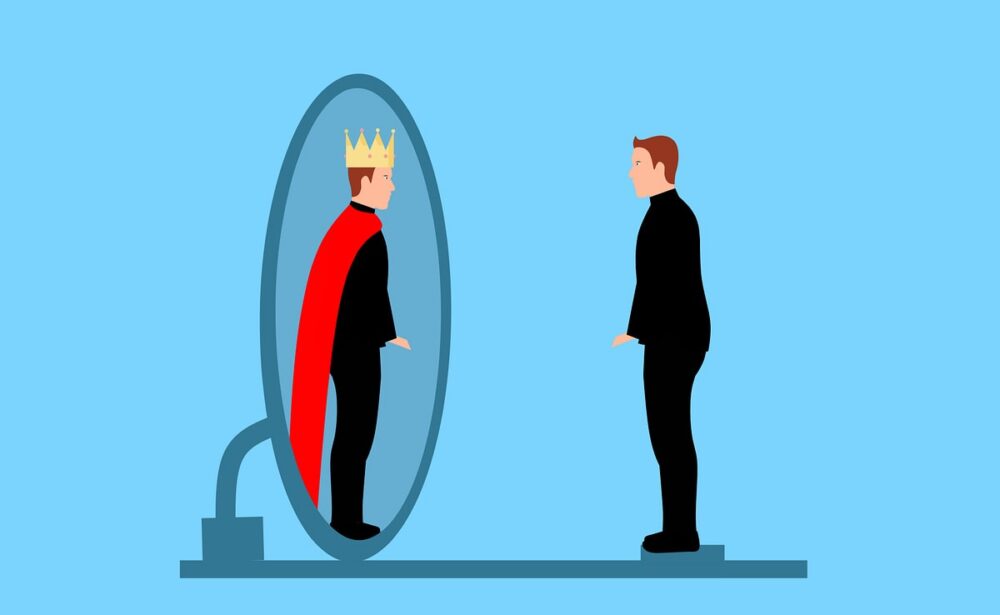
Self-improvement is a pathway to personal and professional success. Today, when the pressure to excel is everpresent, achieving better oneself can seem like a hard pursuit.
Of course, this experience is not without its pitfalls. One key issue that often goes unaddressed is the fine line between self-improvement and self-obsession, which can lead to narcissism.
This raises a pivotal question: At what point does self-improvement tip over into narcissism?
The Pursuit of Self-Improvement

The self-improvement industry offers numerous tools and practices aimed at personal growth. These range from personal development books and seminars to therapeutic sessions and transformative lifestyle changes.
Engaging with these resources, individuals are often guided by life coaches. Advanced technology makes it possible for us to find a life coach online quite easily. These coaches play a significant role in promoting self-awareness and continuous learning.
The benefits of self-improvement are substantial. On a personal level, individuals may experience increased self-confidence and emotional resilience.
Professionally, these efforts can translate into better communication skills, enhanced leadership qualities, and improved productivity.
Transformations not only benefit the individual but also their broader communities and workplaces.
The Slip into Narcissism

While the pursuit of self-improvement has its merits, an excessive focus on oneself can inadvertently lead to narcissism. The transition can occur subtly, where the genuine desire for growth morphs into an obsessive quest for perfection and admiration.
Signs of this slip might include a constant need for validation, a lack of empathy, and an inflated sense of self-importance.
The consequences of unchecked narcissism are profound, affecting not just the individual but their relationships and social interactions.
Narcissistic behaviors, often masked as self-improvement, can lead to conflicts, alienation, and a toxic work environment. Recognizing these signs early is crucial to prevent the damaging effects of narcissism.
The Balancing Act
To maintain a healthy approach to self-improvement, cultivating balance is not just beneficial—it’s essential.
The balance can be achieved through the development of key personal traits and behaviors that ensure self-improvement efforts do not veer off into self-absorption or narcissism.
Firstly, developing empathy is crucial. Empathy involves understanding and sharing the feelings of others.
It acts as a counterbalance to self-centered behavior, encouraging individuals to consider the impact of their actions on others. This fosters healthier personal relationships and more collaborative professional environments.
Secondly, practicing humility plays a pivotal role. Humility involves recognizing one’s own limitations and weaknesses and being open to new ideas and perspectives.
It helps individuals remain grounded, even as they make strides in their personal development. Humility also keeps one’s achievements and goals in perspective, mitigating the risk of developing an inflated sense of self-importance.
Engaging in genuine self-reflection is another foundational aspect of maintaining balance. Self-reflection allows individuals to critically assess their motives, actions, and feelings.
It helps them understand not just what they are doing, but why they are doing it, ensuring that their efforts in self-improvement are aligned with genuine personal growth and not just superficial gains.
The Bottom Line

Distinguishing between self-improvement and narcissism involves recognizing the underlying motivations and behaviors associated with each.
The importance of moderation and self-awareness in personal growth cannot be overstated.








